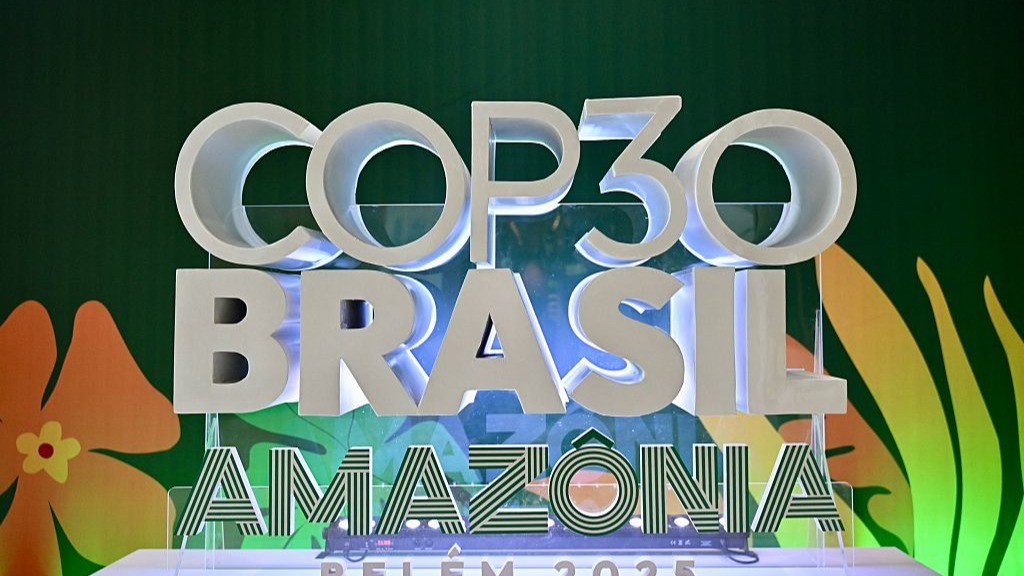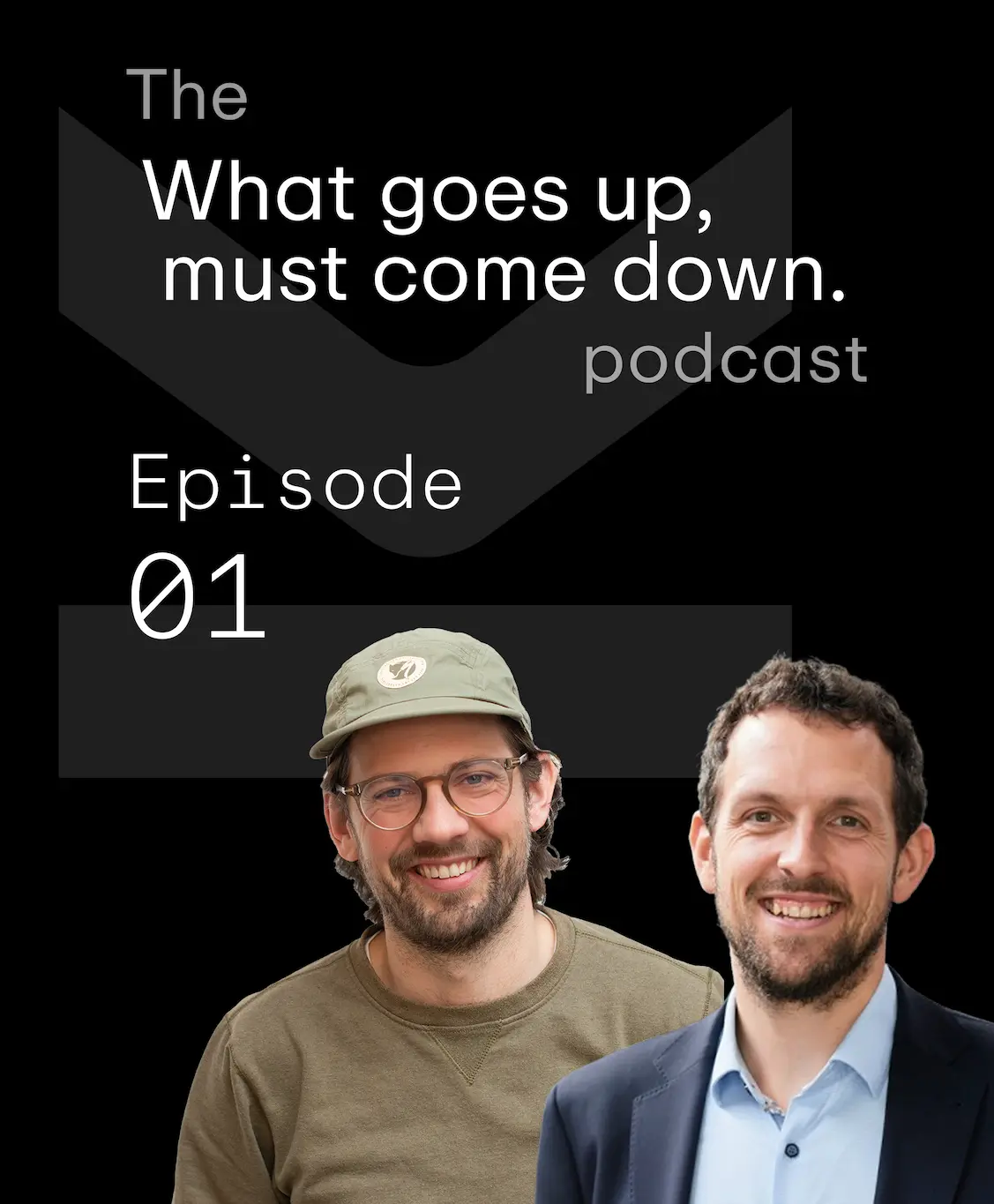Wrapping up COP30: Key takeaways and what’s next for global climate action
COP30 has delivered its share of challenges and negotiations, but real questions about the future of global climate action remain. From the contentious issue of fossil fuel phaseouts to the ongoing discussions around carbon markets, this year’s summit brought attention to both the urgent need for action and the complexities of international compromise. My question: what can we realistically expect from the outcomes? Here's a few of my thoughts as we await final texts.

Fossil fuel phase-out – or not?
As negotiations continue into the weekend, delegates are working toward a resolution on major issues: funding for adaptation, accountability on climate finance, and addressing the root causes of the climate crisis—fossil fuels and deforestation. These must be handled in a just manner that doesn’t exacerbate debt.
Right now, a roadmap to phase down fossil fuels appears to be off the table, as it’s been left out of the updated leaked text. For many large fossil producers and consumers, any mention of a phaseout is a dealbreaker. However, for at least 29 countries, this issue may be non-negotiable.
Earlier this week, I wrote: if delegates aren't willing to consider eventual decarbonisation, what’s the point? Fossil fuels are undeniably one of the primary causes of rising CO2 emissions, and there is no quick fix for total decarbonisation (something I’ve learned over nearly three years in the carbon removal field).
Up next: Ministers agree on a final resolution
The agenda at COP30 has shifted as negotiations have advanced in some areas and stalled in others. The main objective for delegates remains to agree (and compromise) on a resolution for next year’s climate action. There were many issues on the table this year, with notable participation from civil society, but has COP30 lived up to being the ‘implementation COP’? I’m not so sure.
Here were the four interconnected issues outlined at the start:
- Financial Aid: Delivering $300 billion per year in climate finance
- Climate Plan Ambition: Whether countries should strengthen their climate commitments
- Trade Barriers: Addressing climate-related trade restrictions
- Transparency: Improving reporting on climate progress
The Belém presidency has been pushing a science-aligned and people-centred agenda. Well put by Marcio Astrini, this presidency has worked hard to shape negotiations on “fossils, forests, finance: three core areas of climate change, delivered under a framework based on justice and poverty alleviation.”
Carbon markets & Article 6 are still on the table
Alongside mitigation ambition and cooperation between countries, discussions around Article 6 of the Paris Agreement continue.
What is Article 6? It’s a framework for countries to cooperate voluntarily to achieve their Nationally Determined Contributions (NDCs) and increase climate ambition (described really well in this post). The next rules of play are being outlined, including how countries and even the private sector can contribute to mitigation outcomes.
For carbon markets, this could mean a new way of operating with a direct link between high-integrity credits and Paris Agreement goals. However, the key issue remains integrity—governance, transparency, and permanence are still being worked out. Follow Simon Pfluger for updates there.
Outside of Article 6, carbon dioxide removal (CDR) is an important element of national climate roadmaps, adaptation measures, and even just transition, if implemented intentionally. This was a historic stage for carbon removal in particular, in part thanks to efforts from CDR30: The Global CDR Initiative at COP30. They brought awesome insights on CDR in practice, the role of governments in spurring demand, and the synergy of CDR and other major thematic items, from justice to finance to private sector.
If we move forward with a UN 'Paris-aligned' market, the need for rigorous, independent due diligence on all crediting mechanisms has never been clearer. Without it, we risk eroding the trust in carbon markets as a whole.
Maybe not the COP we wanted, but it's the COP we got
Regardless of where negotiations end up by Sunday, COP isn’t the only climate conference. There are already upcoming G7 and G20 meetings, where President Lula has promised to bring the fossil-fuel phaseout debate to the table.
What can we actually expect from COP? On the one hand, we can and should ask for more from representative governments especially as public concern over climate change is at an all time high. Ultimately, COP is an exercise in global environmental governance, but it’s not, and realistically never will be, the primary stage for climate progress.
Discover the news shaping the future of carbon removal.

COP27: A short summary and reflections
Heading 1
Heading 2
Heading 3
Heading 4
Heading 5
Heading 6
Lorem ipsum dolor sit amet, consectetur adipiscing elit, sed do eiusmod tempor incididunt ut labore et dolore magna aliqua. Ut enim ad minim veniam, quis nostrud exercitation ullamco laboris nisi ut aliquip ex ea commodo consequat. Duis aute irure dolor in reprehenderit in voluptate velit esse cillum dolore eu fugiat nulla pariatur.
Block quote
Ordered list
- Item 1
- Item 2
- Item 3
Unordered list
- Item A
- Item B
- Item C
Bold text
Emphasis
Superscript
Subscript

The Role of the VCM in Scaling CDR: Trends and Opportunities
Heading 1
Heading 2
Heading 3
Heading 4
Heading 5
Heading 6
Lorem ipsum dolor sit amet, consectetur adipiscing elit, sed do eiusmod tempor incididunt ut labore et dolore magna aliqua. Ut enim ad minim veniam, quis nostrud exercitation ullamco laboris nisi ut aliquip ex ea commodo consequat. Duis aute irure dolor in reprehenderit in voluptate velit esse cillum dolore eu fugiat nulla pariatur.
Block quote
Ordered list
- Item 1
- Item 2
- Item 3
Unordered list
- Item A
- Item B
- Item C
Bold text
Emphasis
Superscript
Subscript

CDR Policy & Perceptions with Sebastian Manhart │ What goes up must come down, Episode 1
Heading 1
Heading 2
Heading 3
Heading 4
Heading 5
Heading 6
Lorem ipsum dolor sit amet, consectetur adipiscing elit, sed do eiusmod tempor incididunt ut labore et dolore magna aliqua. Ut enim ad minim veniam, quis nostrud exercitation ullamco laboris nisi ut aliquip ex ea commodo consequat. Duis aute irure dolor in reprehenderit in voluptate velit esse cillum dolore eu fugiat nulla pariatur.
Block quote
Ordered list
- Item 1
- Item 2
- Item 3
Unordered list
- Item A
- Item B
- Item C
Bold text
Emphasis
Superscript
Subscript
Sign up for Klimate Insights
Every second month we'll send you an update on all things Klimate, carbon removal, and the most important emerging news and policy.
Talk to a carbon removal strategist
Finding the right way to remove your CO₂ emissions can seem overwhelming. Our team is here to help. Book a meeting to walk through how our solution might fit your needs.
